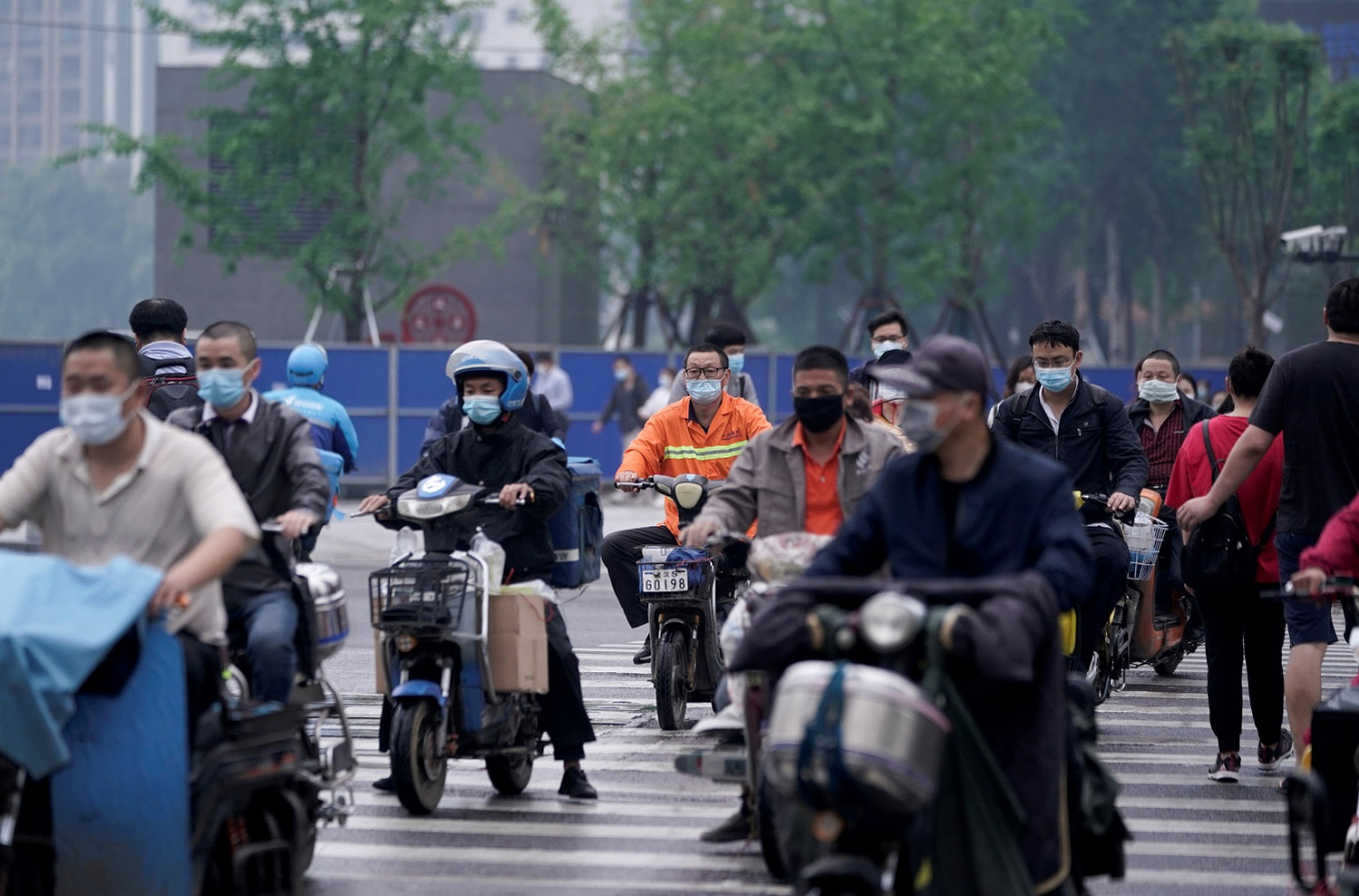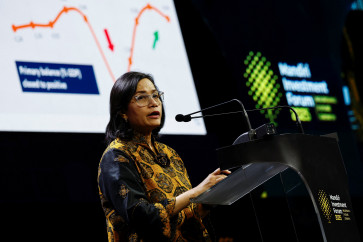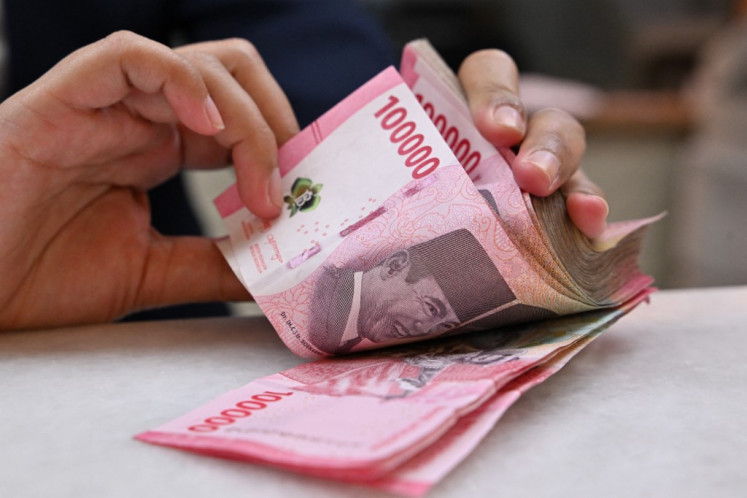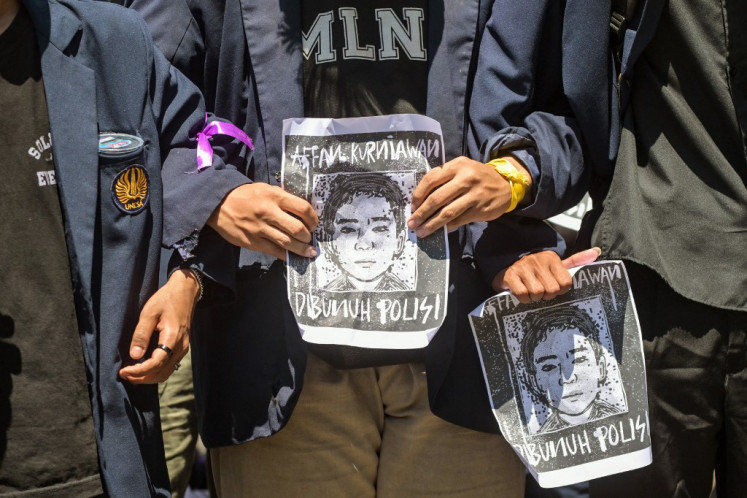Popular Reads
Top Results
Can't find what you're looking for?
View all search resultsPopular Reads
Top Results
Can't find what you're looking for?
View all search resultsIndonesians abroad share lessons learned from other countries' COVID-19 responses
Change text size
Gift Premium Articles
to Anyone
I
ndonesians studying abroad, from China to the Netherlands, are sharing their accounts of how the governments of their respective countries have prioritized the health sector over other sectors to slow the rate of COVID-19 transmission.
China, where the virus was first detected, managed to significantly bring the number of COVID-19 cases down within three months by imposing strict lockdowns in areas heavily affected by the coronavirus disease.
A candidate for a master’s of public diplomacy at Jilin University in China, Raihan Ronodipuro, said President Xi Jinping had conveyed in the early days of the outbreak that "maintaining public health is the government's top priority".
Authorities there, he explained, had focused on developing dozens of new emergency hospitals with 18,000 beds in less than 10 days to accommodate coronavirus patients.
They also supported the mass production of protective gear like face masks and hazmat suits and distributed them nationwide to those in need, particularly health professionals.
Read also: Hong Kong shutdown is a lesson to the world in halting coronavirus
Schools, businesses and transportation services were subsequently shut down in the locked down areas to force people to quarantine themselves from the virus. The government played its part in distributing staple food and daily needs to the affected regions.
"Chinese citizens, on the other hand, obeyed the government's call to stay at home and sacrificed their social lives to control the virus' spread. As a result, the country managed to control the outbreak in three months," Raihan said.
"Solidarity and discipline are the keys," he said during a virtual discussion organized by nonprofit research organization Legal Culture Institute on Monday.
China has passed its coronavirus peak and now records less than 10 new cases per day.
Meanwhile, in the Netherlands, the government has taken strict measures to limit crowds, having imposed large-scale social restrictions on March 16.
"Individuals found to have a gathering of more than three people should pay a fine of 400 euro [$436.92] each, while shops that do not pay attention to the health protocol should pay up to 4,000 euro," Indonesian doctorate of law candidate at Leiden University, Yance Arizona, said.
The Netherlands, which detected its first cases of COVID-19 in late February, had reported a declining infection curve in the past month. The daily infection number gradually went down to 148 on Monday from 1,066 on April 19.
Indonesia's infection curve, however, has fluctuated over the past four weeks. It reported a spike of 689 new cases on May 13 from 233 new cases two days earlier. On Monday, the country saw 496 new confirmed cases.
Read also: COVID-19: Nearly 90,000 Indonesians return home after more than 700 infected abroad
The president of the Indonesian Students Association in Taiwan, Rizki Revianto Putra, said that Indonesia needed "decisive leadership" in this time of crisis to avoid blunders and overlapping policies.
The Indonesian government's latest move to allow public transportation services to resume, even as the mudik (exodus) ban remains in force, has apparently added unnecessary complications to the country's physical distancing policy.
Experts have slammed the move, saying that not only was it poorly calculated, but it also came at a time when the nation's fight against COVID-19 should be strengthened, not relaxed.
The travel relaxation resulted in long lines at Soekarno-Hatta International Airport in Banten last week, where some passengers reportedly tested positive for COVID-19.










